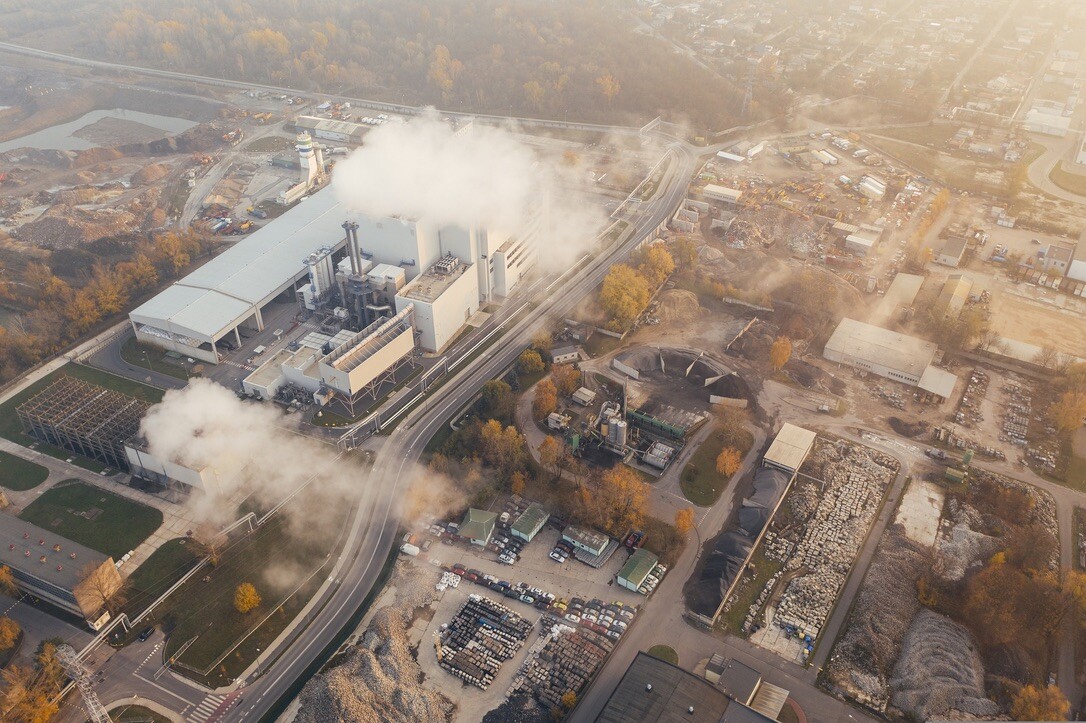Ava Fonss, Editor-in-Chief
@afonsscourant
Stop using plastic straws. Don’t purchase disposable water bottles. Eliminate meat from your diet. As consumers, we are constantly told by the media that it is our responsibility to stop destroying the environment. However, while changes to consumer habits can limit humanity’s impact on the planet to a certain extent, initiating meaningful change relies on shifting the blame to the most significant culprits behind the climate crisis: large corporations.
In the early 2000s, oil giant British Petroleum (BP) launched an elaborate marketing campaign designed to make consumers more conscious of their personal impact on the environment. This campaign introduced the now-popular term ‘carbon footprint’, which refers to the total greenhouse gas emissions generated by an individual’s daily habits–such as purchasing food and traveling. By shifting the blame for climate change away from the fossil fuel industry and towards consumers, the company was able to avoid taking corporate responsibility for the environmental destruction caused by its practices.
Although people have grown more focused on their personal impact on the environment with the growth of the sustainability movement, many still fail to recognize that the large majority of environmental damage results from companies, not individuals. In fact, a study conducted by geographer Richard Heede found that approximately two-thirds of major industrial greenhouse gas emissions can be attributed to only 90 companies around the world. By fixating on the need for change on the consumer level, the select group of companies that are truly driving climate change will not be forced to adopt sustainable business practices. We cannot expect to make progress toward stabilizing global temperatures and preventing the loss of biodiversity if we do not hold these corporations responsible.
The view that companies only respond to the needs of their buyers, and therefore cannot be held accountable for changes to the environment, fails to recognize that sustainable alternatives are often not economically feasible options for the average consumer. According to a study conducted by Netherlands consulting company Kearney, sustainable products are 75 to 85 percent more expensive, on average, when compared to their conventional counterparts. With inflation rates at an all-time high, many consumers do not have the flexibility in their budgets to opt for eco-friendly options.
Another problem frequently attributed to consumer habits is the damage caused by gasoline-powered cars. However, climate activists often fail to consider that public transportation is largely unavailable for people living in rural and suburban areas, and electrical vehicles come with limited driving ranges and significantly higher prices. With a lack of affordable alternatives, gas-powered vehicles are a necessity for many individuals.
Eco-friendly decisions cannot be expected from consumers unless they are made available and affordable. Addressing the climate crisis in a way that leads to significant change requires companies to take accountability for unsustainable actions and find long-term solutions that make it feasible to reduce our impact on the environment.




